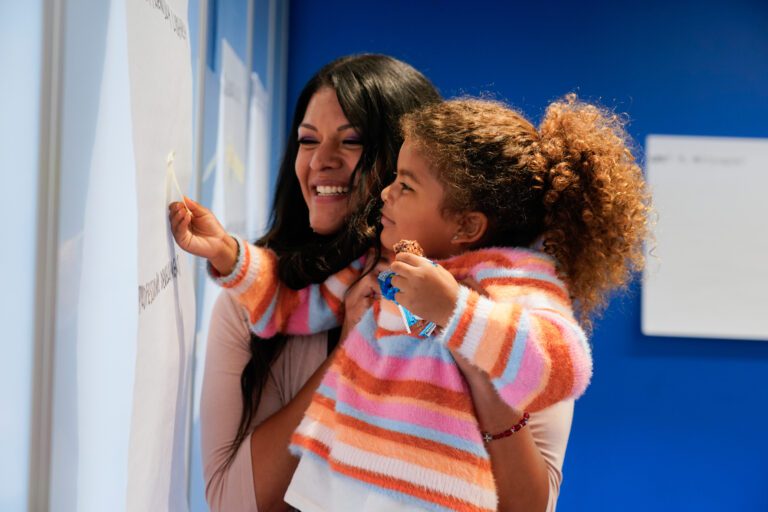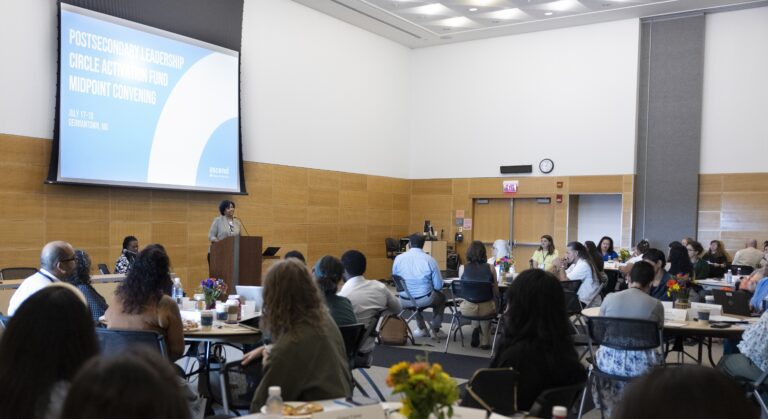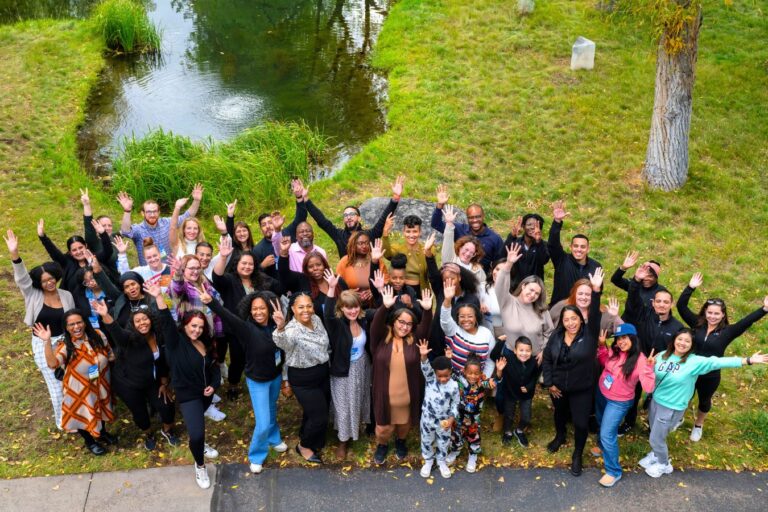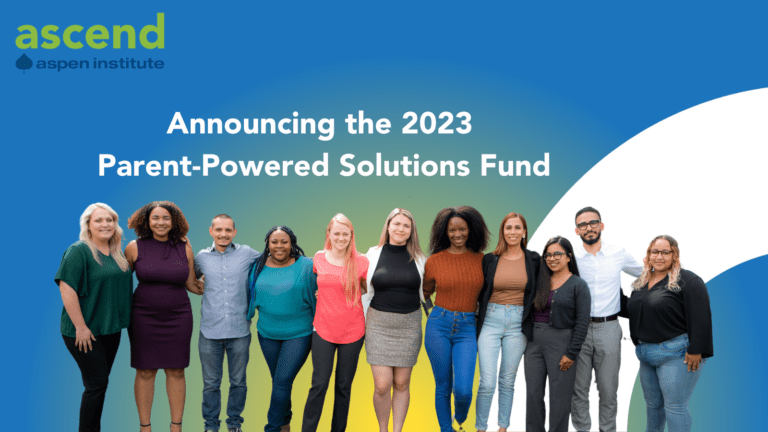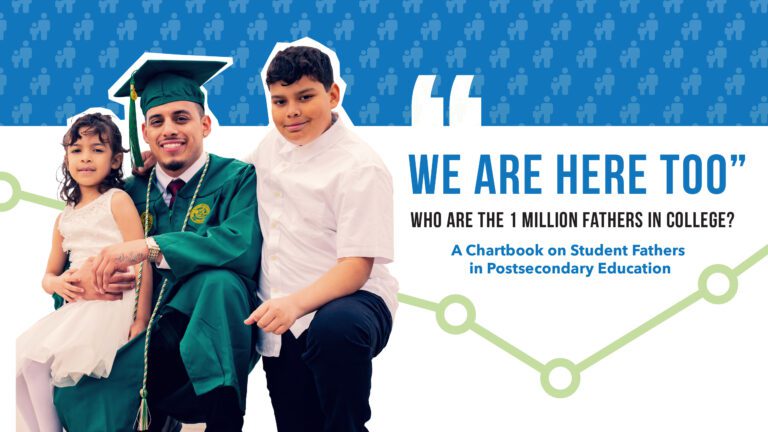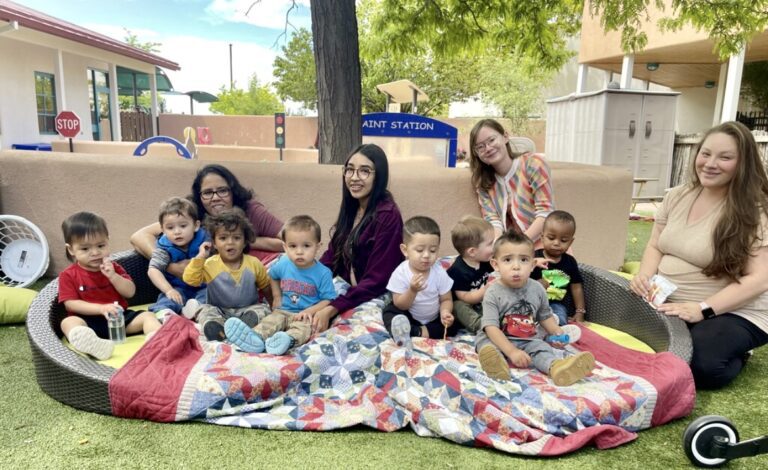Keeping Families Safe in Times of Crisis: LIFT’s Response to COVID-19
At the start of the COVID-19 pandemic in March, we asked our families how they were doing and what they needed. Feedback loops are ingrained into our program model through a process we call “Constituent Voice,” where parents provide timely feedback to help us continuously evolve our model. They told us that, on average, they needed $1,100 during the first month of the pandemic to stay on stable ground during this turbulent moment. So that’s what we set out to provide them with.
LIFT fundraised and distributed more than $1.2 million in emergency relief, exceeding our families’ requests, by giving emergency cash transfers of $1,400 to each of the 790 families in our program. Families who are not eligible for support from government stimulus packages, including undocumented parents, received $1,950 each.
At LIFT, we trust that parents know what is best for their families. That’s why we recognize how critical it is that parents have direct access to the financial capital they need, no strings attached. This support was made possible by the generosity of our partners, sponsors, and countless generous individual donors.
Our work to keep families safe, however, goes beyond providing financial support. Through this pandemic, our team has been committed to keeping parents on track toward completing their goals. Twenty-nine percent of the parents in our program are students seeking college degrees or certificates. We knew that falling behind in their classes, or even taking a semester off, would significantly set back their progress.
Thanks to the tireless work of our national and regional program teams, we nimbly transitioned our entire coaching program online to meet parents where they are – safe at home.
Innovation prepared LIFT to make a quick shift and continue to service parents in a time of social distance.
As states began practicing social distancing, schools and social services found themselves temporarily closing their doors and unable to serve their constituents. Many social service providers were unable to conduct their services remotely and struggled to find a way to serve the community without putting their staff at risk. Some organizations don’t have laptops for staff. Others don’t have systems in place to securely communicate with their clients and protect privacy. And others have no way of quickly contacting their entire base through mass texts or email.
With our eyes set on what the future of program delivery looks like in the age of expanding digital connectivity, LIFT has been investing in our technological infrastructure for several years. Not only in hardware, like laptops, but also in software that meets the needs of our program model and retains the same level of quality in service delivery that in-person interactions provide.
As a result, we were able to quickly adapt when it became clear that we needed to go digital to ensure the safety of our families. Thanks to those investments, we were able to communicate with our members and develop a plan to virtually serve our families.
Virtual coaching pilot expansion.
LIFT launched a virtual coaching pilot in our DC office at the beginning of 2020 with the goal of making our coaching program more accessible and one that better fits into the flow of our members’ daily lives as busy parents, students, and professionals. As organizations were making the decision to go remote, our program teams acted quickly to get trainings to coaches in all regions in order to prepare them for virtual coaching once LIFT had to close our offices. When that time came, we were ready to serve our families and honor the system of support we have created to help parents reach their goals.
In the first month, our coaches held more than 400 virtual meetings with LIFT parents, proving that parents are eager to stay on track to complete their goals, and that they benefit immensely from the flexibility that comes with meeting remotely. 
LIFT’s virtual meetings quickly spiked as soon as our office closure was announced.
Telecoms systems in place.
LIFT uses a voice-over IP (VoIP) system for our phones, which allows voice communications to be transferred over the Internet. Staff and coaches can log into an app from their smartphone and make phone calls without giving out their personal contact information. The system allows calls to our main office line to be transferred to someone’s personal account enabling us to receive communication on our main line while virtual.
Additionally, LIFT uses a mobile messaging system to send mass messages to families to notify our members about upcoming events and appointments. Right now, we are using it to give members up-to-date information about events in our local markets. For instance, we can quickly send information about where parents can pick up meals for their children in public schools or the latest information about applying for unemployment if they work in an industry that has been temporarily closed. As new information comes out, we want to make sure our members receive communication from someone they trust in real time.
A culture of hope, money, and love.
Change and the uncertainty that comes with it can cause a lot of stress and we know that pandemics like COVID-19 hit low-income communities the hardest. LIFT wants to make sure our values, relationships, hope, diversity, equity, and excellence are still at the core of our work. At a time when our families need us most, we are grateful to be standing in their corner (or screen).
Although our physical doors may not be open, we are proud to say that our work with families and communities marches on with the power of innovation, hope, money, and love.
Michelle Rhone-Collins is chief executive officer of LIFT. She is a National Advisor with the Ascend Postsecondary Success for Parents Initiative.
Photo above of a LIFT-DC family taken during their annual Holiday Celebration.
Related Posts

